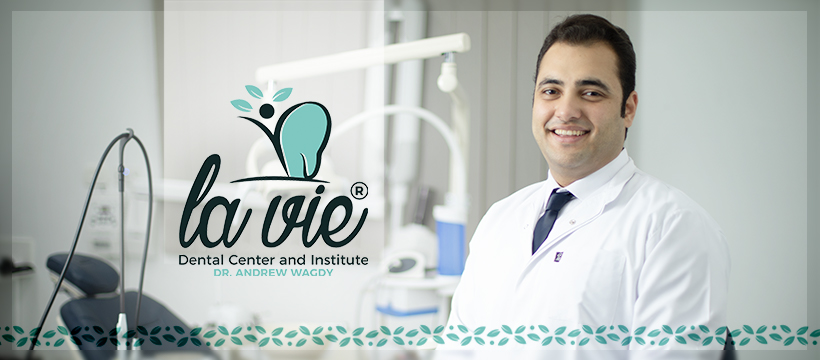
What Is Dry Mouth?
Dry mouth happens when your salivary glands don’t produce enough saliva.
Saliva is essential to keep your mouth moist, help you chew and swallow, clean your teeth, and fight bacteria.
When saliva levels drop, eating becomes harder, and you’re at a higher risk of tooth decay and gum disease.
What Can Cause Dry Mouth?
Medications – like antihistamines or antidepressants
Medical conditions – such as Sjogren’s syndrome or diabetes
Radiation therapy – especially in the head and neck area
Stress and anxiety – which can cause temporary dryness
Mouth breathing – especially during sleep
How Do You Know If You Have It?
Feeling thirsty all the time
Difficulty swallowing dry food
Dry lips or a rough tongue
Bad breath, frequent cavities, or gum inflammation
These are all signs that your mouth may not be producing enough saliva.
How Can You Manage Dry Mouth?
Drink water regularly throughout the day
Chew sugar-free gum to stimulate saliva flow
Use saliva substitutes – sprays or gels available at pharmacies
Avoid caffeine and alcohol, as they can worsen dryness
Breathe through your nose, not your mouth, especially while sleeping
When Should You See a Dentist?
If dry mouth starts affecting your daily life, or if you’re getting frequent cavities despite good hygiene – it’s time to see a dentist.
What Will the Dentist Do?
They’ll examine your salivary glands and check for any related health issues like diabetes.
If your dryness is caused by a medication, they may adjust the dosage or suggest alternatives.
Before Your Visit:
Bring a list of all medications you’re taking
Try to note when the dryness started and what makes it worse – like breathing through your mouth during sleep


